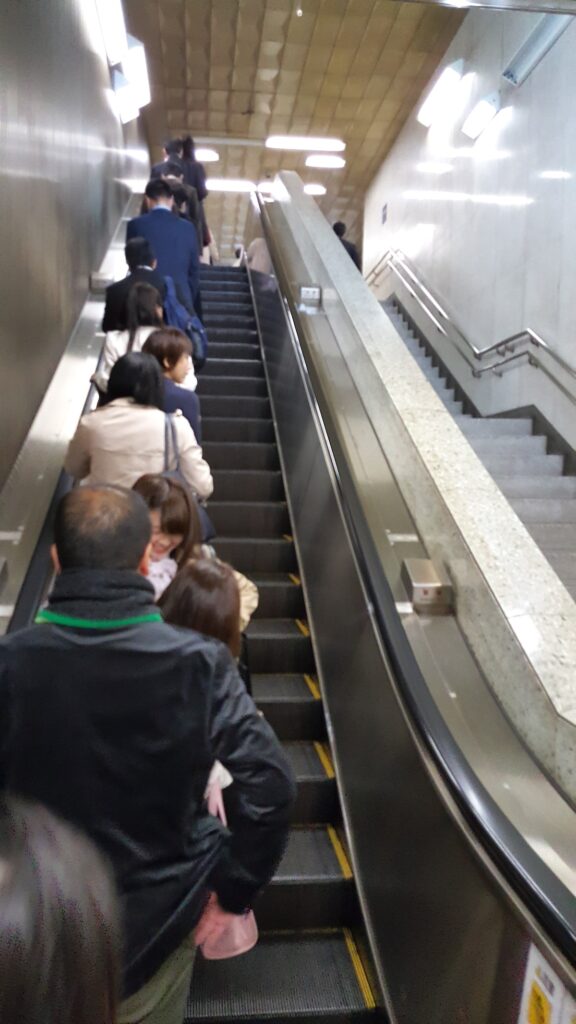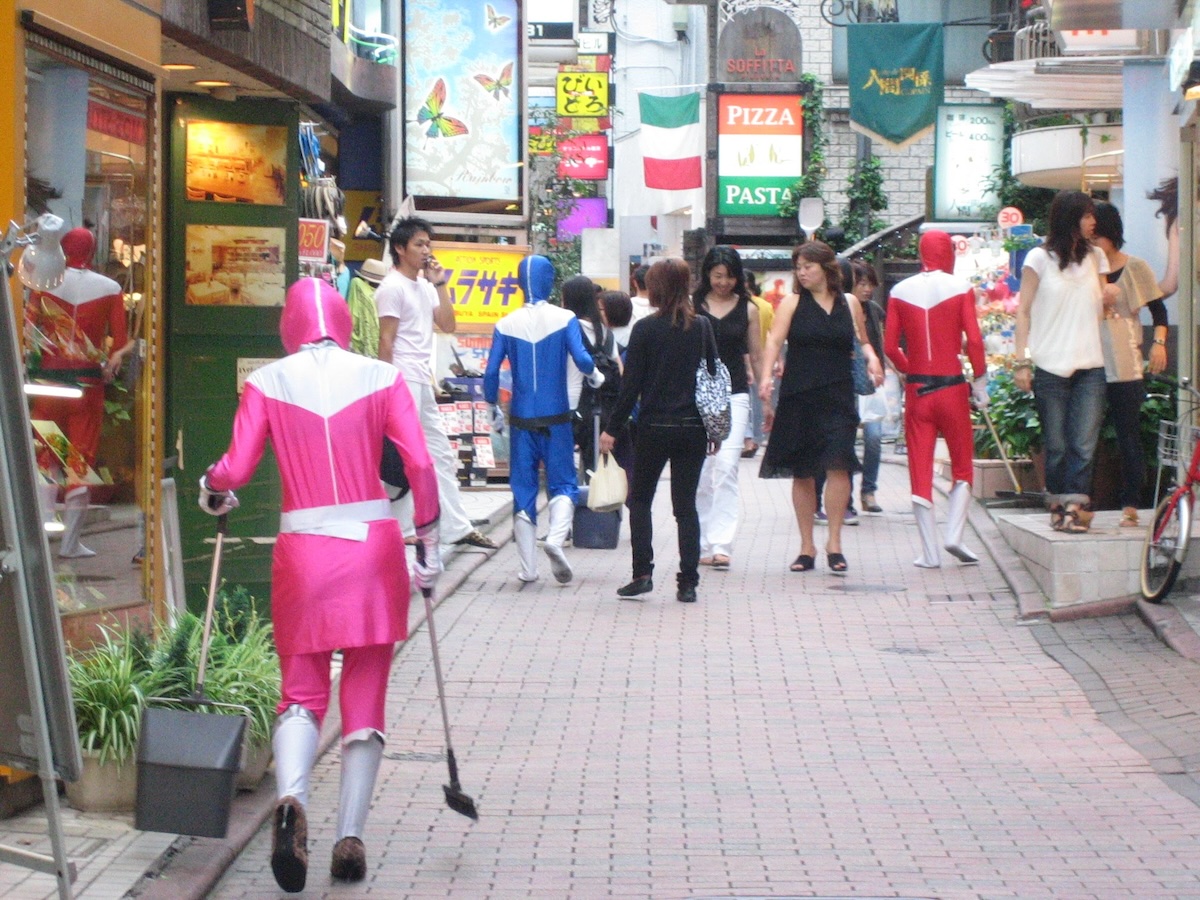Traveling to Japan is an unforgettable experience for the food, sights, and entertainment, but the cultural uniqueness may be what leaves the most lasting impression. From the efficiency of daily life to deeply ingrained customs, here are five things that might shock you when visiting Japan.
- Will I experience culture shock when traveling to Japan?
- Respect in Daily Interactions
- Punctuality is Paramount
- Conservative Social Norms
- Where Are the Trash Cans?
- No Tipping Culture
Will I experience culture shock when traveling to Japan?
Respect in Daily Interactions

Being a small island country, Japan’s culture revolves around collectiveness over individuality to maintain peace and harmony with others and their surroundings. This respect for others is evident in everyday encounters, and you may notice how this deeply ingrained respectfulness shapes how people interact in public spaces and with each other. Whether it’s standing on one side of the escalator to allow others to pass or finishing a meal quickly in a busy ramen shop to make room for the next waiting customer, Japanese people are always considerate of those around them. There have been many times during my travels in Japan when I’ve forgotten or dropped things, and more often than not, I’ve been able to recover them with everything intact. Japanese people will often willingly return money they find to the nearest police station so it can be reunited with its rightful owner. These occasions leave me in awe of the respect and honesty ingrained in Japanese society.
Punctuality is Paramount
In Japan, punctuality is more than a virtue—it’s a way of life. The trains are famously on time, and a 10:03 a.m. departure means exactly that. If a train is delayed by even a minute, the staff will often issue an apology. The same dedication to punctuality extends to personal appointments, whether it’s a business meeting or a hair salon visit. For those used to more relaxed attitudes toward time, Japan’s precision can be a shock, but it’s also a testament to the respect Japanese people have for each other’s time.
Conservative Social Norms
Despite Japan’s modernity, there’s a conservative undercurrent to its culture. Modesty is highly valued, and public displays of affection are rare. On public transportation, it’s considered impolite to speak loudly, and social interactions tend to be more reserved. While younger generations are gradually shifting these norms, the overall culture remains more restrained compared to many Western countries. This also fuels Japan’s alternative cultures, which push against these conservative pressures—something that’s also fascinating to explore. For first-time visitors, this conservatism may be surprising, but it offers a unique insight into Japanese societal values.
Where Are the Trash Cans?
One of the most surprising things for many visitors is the scarcity of public trash cans in Japan. Despite this, the streets are incredibly clean. People are expected to carry their trash with them until they find a proper place to dispose of it. This reflects Japan’s strong sense of personal responsibility for cleanliness. For locals it is expected that trash is meticulously sorted into different categories, and designated bags must be purchased and used for proper disposal. For your travels, keep in mind that when eating from a vendor, they will be happy to take the trash from what you purchased. Otherwise, train stations and convenience stores are often the best places to dispose of lighter trash on the go.
No Tipping Culture
Japan’s no-tipping culture is another shock for many visitors. Whether you’re dining in a restaurant, riding in a taxi, or staying at a hotel, tipping is not expected—in fact, it can even be seen as rude. Service workers take great pride in their jobs and don’t expect extra gratuity for doing their best. Instead of leaving a tip, a simple “Arigatou” (thank you) is all that’s needed to show appreciation. Being from the U.S., I often find Japanese hospitality and customer service so top-notch that I feel the urge to leave a tip, but I can only offer my heartfelt thanks instead.
Some of the best parts of traveling are witnessing and enjoying the cultural differences of each place. Japan, in my opinion, is one of the most unique cultures in the world, and I hope that more people get to experience and appreciate it. Would these cultural differences shock you? Let me know in the comments
